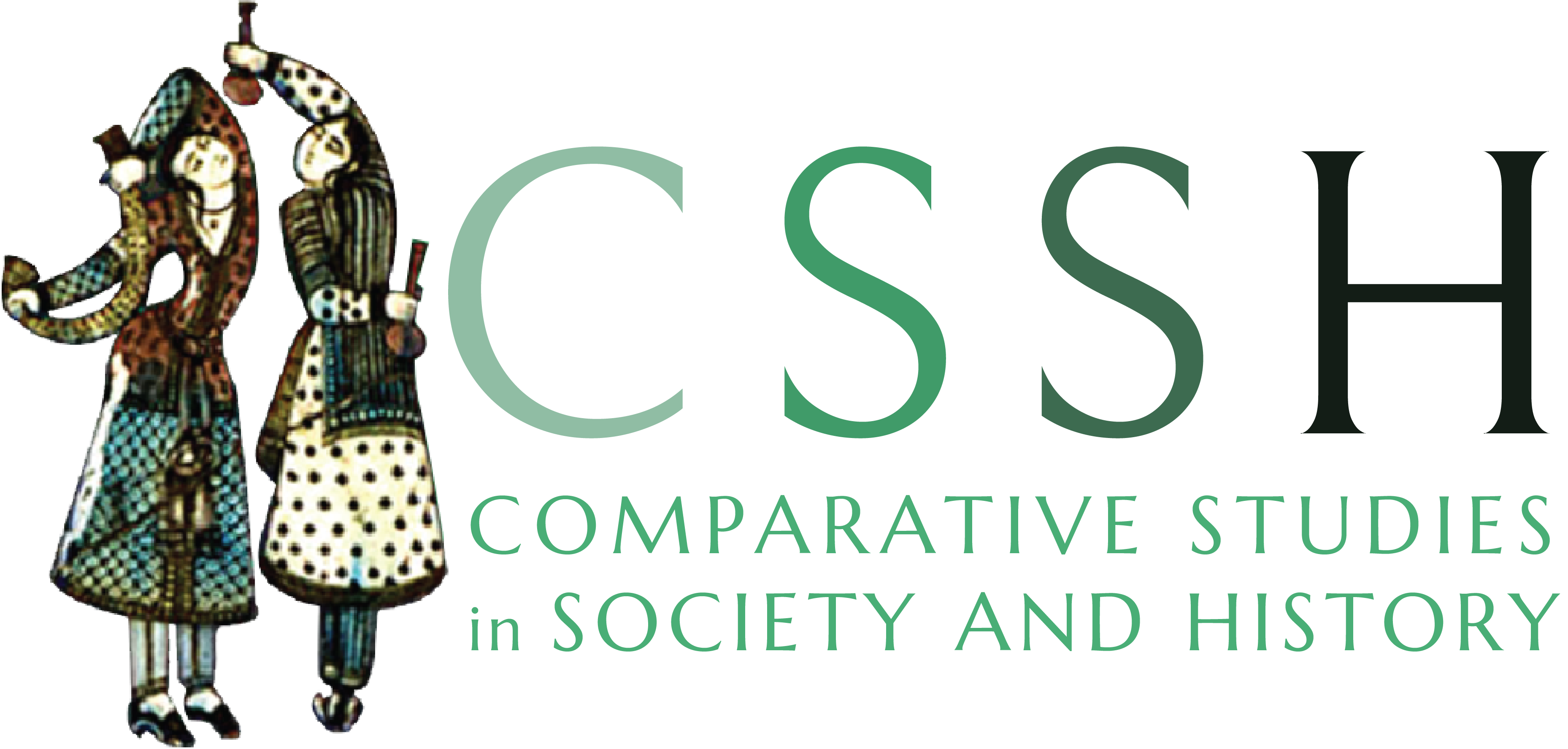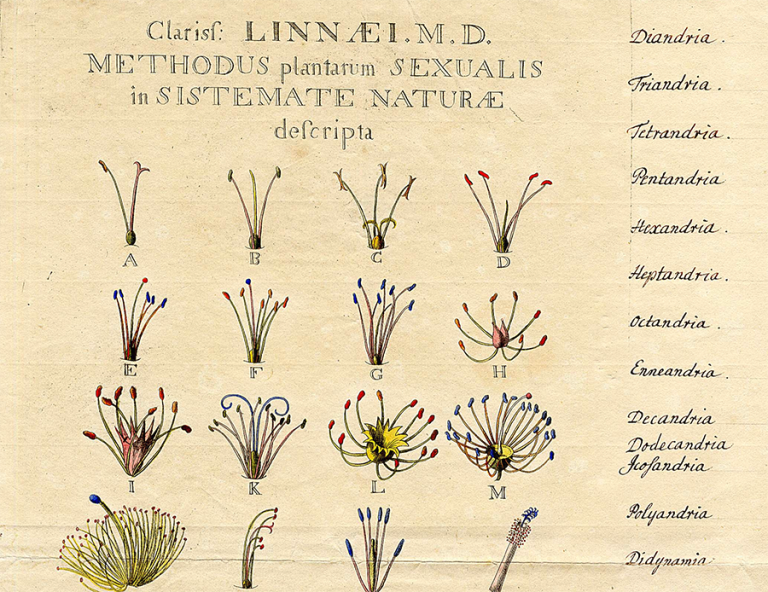One of the tall tales of modernity goes like this: as human societies become more complex — more industrial, urban, mass mediated, and public — the importance of kinship as an organizing principle decreases. The rule is invoked in multiple settings, often with a judgmental spin. Seldom does an identity narrative seem so self-evidently true and false at the same time. If we were to flip it, keeping its exaggerated feel but reversing the implications, the story might sound like this: claims about the diminishing significance of kinship (and its radically changing forms) have ethical weight because they are contested, very often inaccurate, and based on aspirations that are hard to realize in everyday life because ideas of relatedness are so important to us. Is this an improved version of the tall tale, or evidence that we need to tell a different kind of story altogether?


